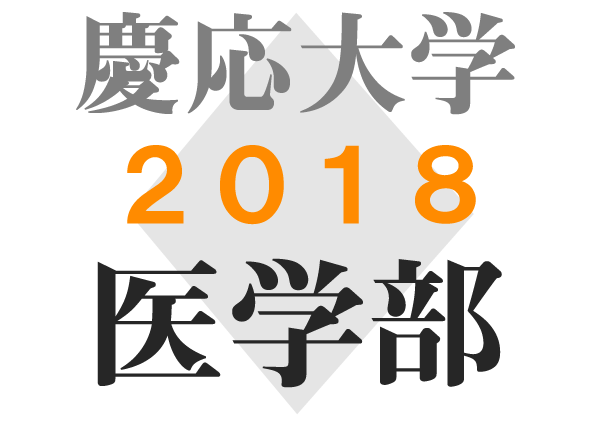次の英文を読んで設問に答えなさい。
[ 問1 ]
In most cultures, (1) catching people not paying any money can be funny. If, ( あ ), a group of friends are having a conversation, and Stan, a friendly American guy with a tendency to daydream, ends up staring off into the distance, (ア) 他のメンバーは彼がようやく我に返った時に彼を笑うことができる.
In English, we sometimes use NASA*-style language to try to “contact” people ( い ) they “space out*”: “Earth to Stan. This is Earth. Do you copy?* Come in* Stan.”
This kind of situation is funny ( う ) it's Hiroshi, Stan's absent-minded Japanese counterpart, who has lost concentration.
But ( え ) try to “contact” Hiroshi, his Japanese friends might attempt to “call” him, using the phone greeting Moshi moshi (“Hello?").
When they do so, the second mo is almost always extended for dramatic effect, and the final shi sounds more like “shh”: moshi mooooosh. This equates nicely with a drawn-out “Hellooooo?" in English, and it can be supplemented with Okite imasuka? ( A ) to add insult to injury.
( お ) you are, including Japan, it's never fun to admit to doing something embarrassing. On the other hand, (2) it's not fun to accept it, either, because by doing so you are simply lying. It's much more comfortable, and also funnier, to do neither.
For example, if Stan is asked ( か ) it's true that he turned up to his brother's wedding wearing one black shoe and one brown shoe, he might well answer, “No comment.” Again, this is an example of universal humor: when Stan says, “No comment,” (3) everyone knows that the story is in fact false, but by just implying that he did something stupid without admitting it directly, he makes everyone laugh.
So expressions like “No comment,” or ( き ) the equivalent happens to be in your language, are common. In the United States, like Stan, we often use the simple “No comment” or, for more drama, “I have no comment at this time.” ( く ) of this, Hiroshi might use keigo (respectful language), saying something like Komento wa hikaesasete itadakimasu (“I will refrain from commenting”). This is amusing not only because he is basically confirming he did something embarrassing, (4) but also because it is excessively rude and sounds too formal.
Death is also funny. Well, not death itself, but using the threat of death to exaggerate the effects an action might have on you (e.g., “My wife will kill me if I forget our anniversary again"). The Japanese also make light of death ( け ), with phrases like Natto wo tabetara, inochi ni kakawarimasu ( B ). Surely this is a more interesting and amusing way (5) to express your appreciation of these smelly beans than just saying, Natto kirai desu (“I hate natto").
Excessive modesty and mock boasting are also good ways to get laughs. In English, men who are complimented on their looks often say, “That's what all the ladies say.” This may seem boastful, but it can also be taken ironically to suggest that (イ) the opposite is true. The Japanese version of this phrase is Yoku iwaremasu ( C ). You can use this if you're complimented: Nihongo jõzu desu ne ( D ). Yoku iwaremasu! And (6) you can also use it if you're flattered: Kyo taishū hidoi yo ( E ). Yoku iwaremasu!
So don't give up on Japanese humor just yet. Watch more TV shows and see ( こ ) you can learn from them. Clearly there are many things we can all laugh at together.
問1 文章の冒頭には、以下の文章が欠けているので、導入部としてふさわしい文章を英語40語から50語程度で書きなさい。
日本人のユーモアは西洋人のユーモアとはさまざまな点で異なる。しかし、日本の英字新聞に掲載されたこの記事は、日本に居住する外国人に、違いよりも似ている点に注目して、日本人のユーモアのセンスがわかるようになることを奨励するものである。
問2 下線部(1)~(6)で内容に合わない語をそれぞれ1つ探し、代わりとなるふさわしい語を書きなさい。
問3 (あ)~(こ)に入る最も適当な語(句)を下からそれぞれ1つ選んで、その 記号を書きなさい。選択肢の語(句)はすべて小文字で与えられているが、文頭に置く場合は大文字で始めるものと考えて選びなさい。一つの語(句)を複数回 使ってはならない。
1 even
2 even if
3 for example
4 however
5 instead
6 instead of
7 in the same way
8 rather
9 rather than
10 what
11 whatever
12 when
13 whenever
14 wherever
15 whether
問4 下線部(ア)を英語に訳しなさい。
問5 文章中のローマ字表記の文(A)~(E)は、漢字仮名交り文にすると以下の通りである。それぞれ英語に訳しなさい。
A:起きていますか。
B:納豆を食べたら、命にかかわります。
C:よく言われます。
D:日本語上手ですね。
E:今日体臭ひどいよ。
問6 下線部(イ)の the opposite is true が具体的にどのようなことを指しているのか日本語30字以内で説明しなさい。


質問と回答